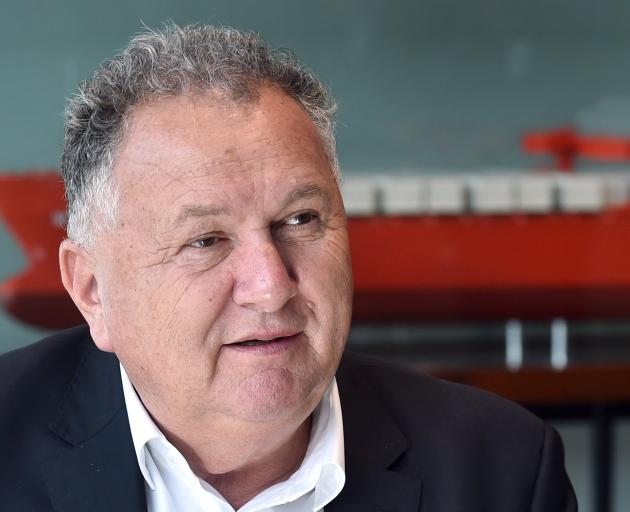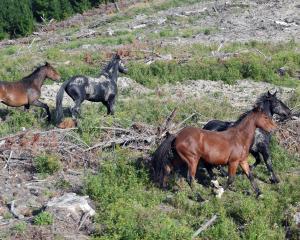
With his over-the-top rhetoric, he portrays increased mining as the choice between the good of growth and prosperity and the evil of a shrill environmental minority hellbent on protecting frogs and depriving people of jobs.
If only it were that simple.
News this week planners recommend declining resource consent for a proposed alluvial gold-mining operation in Millers Flat highlights the complexity of what may need to be taken into account.
It may go beyond consideration of landscape, biodiversity, natural hazards and the social and economic wellbeing of the community.
Planners for the Otago Regional and Central Otago District Councils largely backed a submission from Kāi Tahu emphasising the iwi’s cultural, spiritual and traditional relationship with the Clutha River/Mata-au.
The iwi said the river had a long history as a place where local iwi collected food and there were temporary and permanent settlements.
Accordingly, there were burial sites and other tapu (sacred) locations, including battle sites, along the course of the river.
Planners were concerned the application might lead to irreversible damage to the places sacred to iwi.
Doubt was also cast on the company’s ability to identify and protect Māori archaeological sites.
Commissioners have yet to hear this case, so we do not know what weight they may place on such issues.
How the government might deal with similar questions in its fast-tracking fervour is also unclear.

Legislation to be introduced next month would remove additional controls for coal mining introduced by Labour, which would have ended the consenting pathway for existing thermal coal mines from the end of 2030.
There may be some sympathy for his argument about the incongruity of importing coal from Indonesia at the same time as discouraging further coal mining here.
However, Mr Jones is not suggesting any new coal mining should be confined to providing the domestic market.
Mr Jones also says we should not doubt the government’s willingness to simplify the process and incentivise investment in lower-emissions alternatives such as wind and solar power. But at best it seems like mixed messaging to big and small users of coal, who should be encouraged away from burning it as soon as possible.
The two c words, climate change, did not seem to feature in Mr Jones’ announcement. Indeed, in past statements he has been scathing about what he sees as climate change hysteria.
Forest & Bird has condemned the changes as climate vandalism, saying it will effectively allow new mining applications in natural inland wetlands and places designated "significant natural areas".
It already has fears plans for the Te Kuha Mine on a mountaintop near Westport, turned down in the Environmental Court a year ago, will be resurrected and put forward for the fast-track consenting process.
The land concerned is home to a variety of threatened animals including the roroa/great spotted kiwi, South Island fernbird and geckos.
As the clock ticks down to submissions closing on the government’s Fast-Track Approvals Bill tomorrow, we are still no closer to knowing what projects might be on the list.
Reasons given for the lack of transparency around this have been flimsy. This paucity of information has stifled the opportunity for anyone to give informed comment on them in their submissions on the Bill.
We have not even been told the identity of the recipients of 200 letters sent out sharing details of the fast-track application process, although Parliament has been told more than 59 projects are being considered for inclusion in the Bill.
This smacks of the very "we know best" high-handed approach which the coalition partners were quick to criticise in previous governments.












